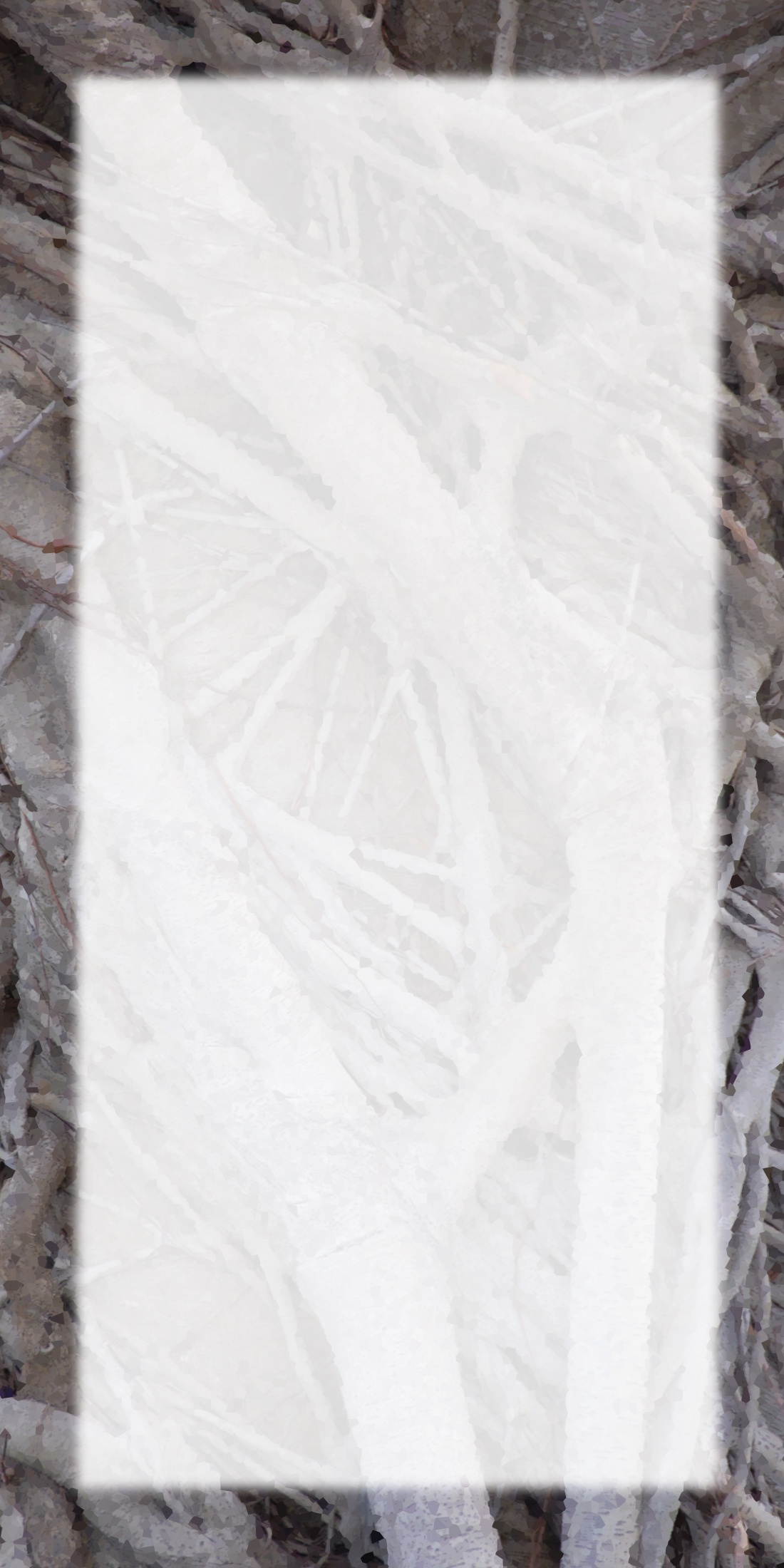"Tines" by Russell Bittner
It’s entirely unintentional. I know it. I’m sure he does, too. And yet, nothing in her arsenal can turn him from gregarious to stone-cold taciturn more quickly and more soundlessly than her yawn. His own radar can spot a yawn – particularly one of my mother’s – like an incoming skein of Canada geese, and all of his defenses go on foolish, full-scale alert. To his credit, perhaps, even he can appreciate that not everyone shares his enthusiasm for things like peripatesis.
I try to distract him. “Which is why, to this day—?” I repeat, but he won’t be distracted. He simply goes back to eating. The discussion – his holding forth, really – is holding no further. Nothing – not even one of Alice’s and my billboards – can now return us to the holiday mood of just seconds earlier.
For once, my father doesn’t say anything disparaging, and my mother doesn’t pretend to excuse herself. We’re at a standstill. It feels like old times, and old times don’t feel very good – especially at Thanksgiving. We chew and swallow, each in his or her own way, each pretending that the happy sounds of holiday cheer still prevail over the near silence of chewing and swallowing.
Alice and I have worked on other billboards. They all hang there, just waiting like Band-Aids for blisters to break out from some ill-timed word from him, some yawn from her. But our remaining billboards have already turned redundant and, like my father, will find no further employ. The silence, deeper than any blister, persists. Alice and I look up at each other from time to time. For once, no giggle crosses either of our minds.
I glance at my father out of the corner of my eye. His face looks strained, much older than even just an hour earlier and minus any remnant of the appreciation of my erudition or of Alice’s and my wit. He, too, simply eats.
***
Our plates were almost empty. A single piece of goose remained on the platter. My father and I were now approaching that point at which we’d often stage a mock standoff in the years leading up to my parents’ separation, when both of us were still hungry – or at least pretended to be hungry. This contest of wills and appetite was one I’d grown used to, grown fond of, grown up with as a rite of passage, not knowing until later in life that it was not so much about lingering appetite as about something more primitive. Something my father had called atavistic. He’d tried to explain it to me on a few occasions. But atavistic had, each time, gone the way of peripatetic.
It was my father’s contention that the reigning male of a pride or pack always got first choice of the spoils of a hunt, and would eat his fill, only then allowing his mate and cubs to gorge themselves on the remaining bits. This – again according to my father – was nature’s law. He’d always illustrate it, his own fork poised with slightly menacing tines, over the last bit of meat or other desired edible. At that moment, with weapon hovering, he’d utter the injunction “In the animal kingdom…” letting the rest of the explanation flutter off like an elliptical butterfly.
However much I might have pretended to challenge his claim, he never failed to remind me of the law of the jungle. If he then granted me this last remainder, it was only to sit back in his chair with the benign smile of one who’d just bestowed a favor upon a subordinate. This, he knew, was also the law of the jungle – but of the human jungle.
***
I time my last mouthful to coincide with his last while keeping my fork aloft and with the tines pointed in the direction of the meat platter and of that single drumstick. My only competitor for the remaining bit ignores my challenge and continues to chew, holding his own spear nonchalantly. At last he swallows, and I see his eyes focus on the platter that lies before us. As he raises his arm and his spear in its direction, I quickly move mine towards the same target-fowl. Our tines pierce the flesh simultaneously, and I look hard into his face in happy anticipation of the commencement of our ritual.
In the brief seconds that pass between his silent stare and mine, I see his eyes, like those of the man in the moon, pass rapidly through phases and moods to settle finally on the one I saw earlier this afternoon.
I jab at the drumstick so as to prod him on to a challenge. He didn’t respond. Instead, he slowly withdraws his fork.

